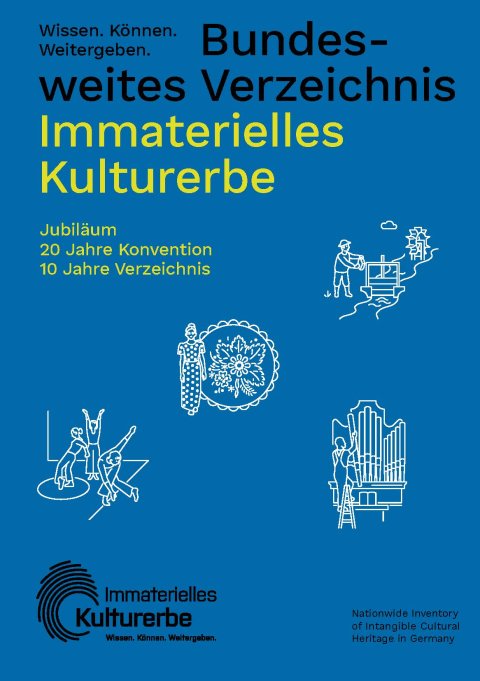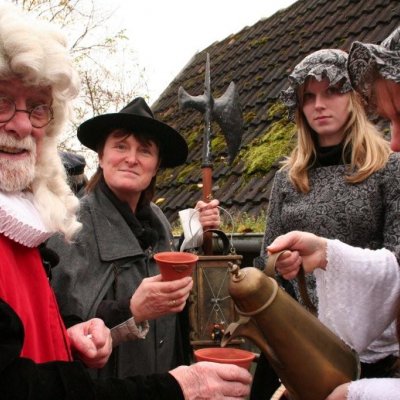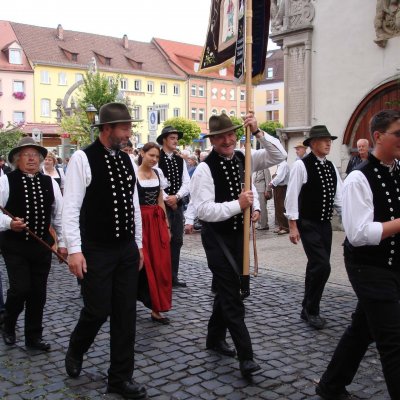Nationwide Inventory of Intangible Cultural Heritage
Cemetery Culture in Germany
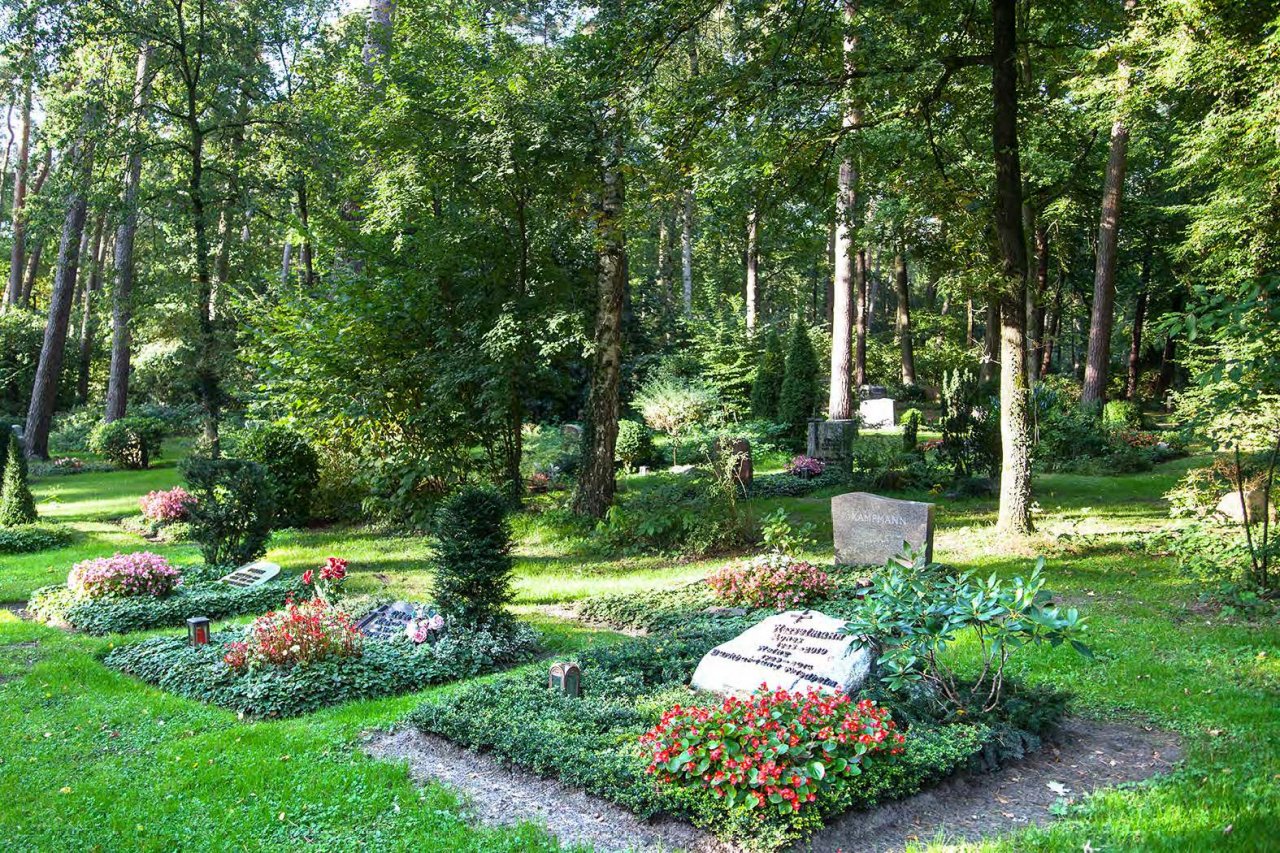
Cemetery culture in Germany refers to the design of cemeteries, burial practices and mourning and commemoration rituals. Associated craft techniques and customs preserve this cultural form and ensure the maintenance of the cemeteries. As places of commemorative culture that are in harmony with nature, cemeteries today are also testimony to a pluralistic society.

Facts & Figures
Crucial date: Throughout the year
Inscription: 2020
Domains: Oral traditions and expressions; Social practices, rituals and festive event; Knowledge and practice concerning nature and the universe; Traditional craftsmanship
Where to find: Nationwide (and abroad)
Contact
Kuratorium Immaterielles Erbe Friedhofskultur
Tobias Pehle
@email
kulturerbe-friedhof.de
Cemetery culture in Germany includes a wide range of cultural expressions: from the rituals of individual mourning - with the burial in the cemetery as the central framework for action - over the design of graves as small gardens of remembrance to the use of the cultural space of the cemetery as a social meeting place and cultural venue.
Cemetery culture in Germany is associated with special knowledge and skills in the fields of burial, landscape planning, gardening and stonemasonry. This knowledge has grown over centuries and can be seen at many old cemeteries of cultural and historical importance. Literary sources testify to the change of mourning rituals in the respective epochs.
The cultural area "cemetery" is not only characterized by communal or Christian graveyards, but also by Jewish cemeteries and Muslim burial grounds. The care of the cemetery culture is also an active contribution to the protection of historical monuments. The cemetery culture is by no means static, as the changing design concepts over time show. Currently, for example, the number of urn burials is increasing, thus changing not only the appearance of cemeteries but also the living cemetery culture.
The grave site has developed into a place of remembrance that is often visited and maintained collectively. In this way, the cemetery culture in Germany also proves to be a social meeting place that promotes communication and counteracts the isolation of surviving dependants. Visits to graves with children and young people are often connected with the passing on of knowledge about the life and work of their ancestors.
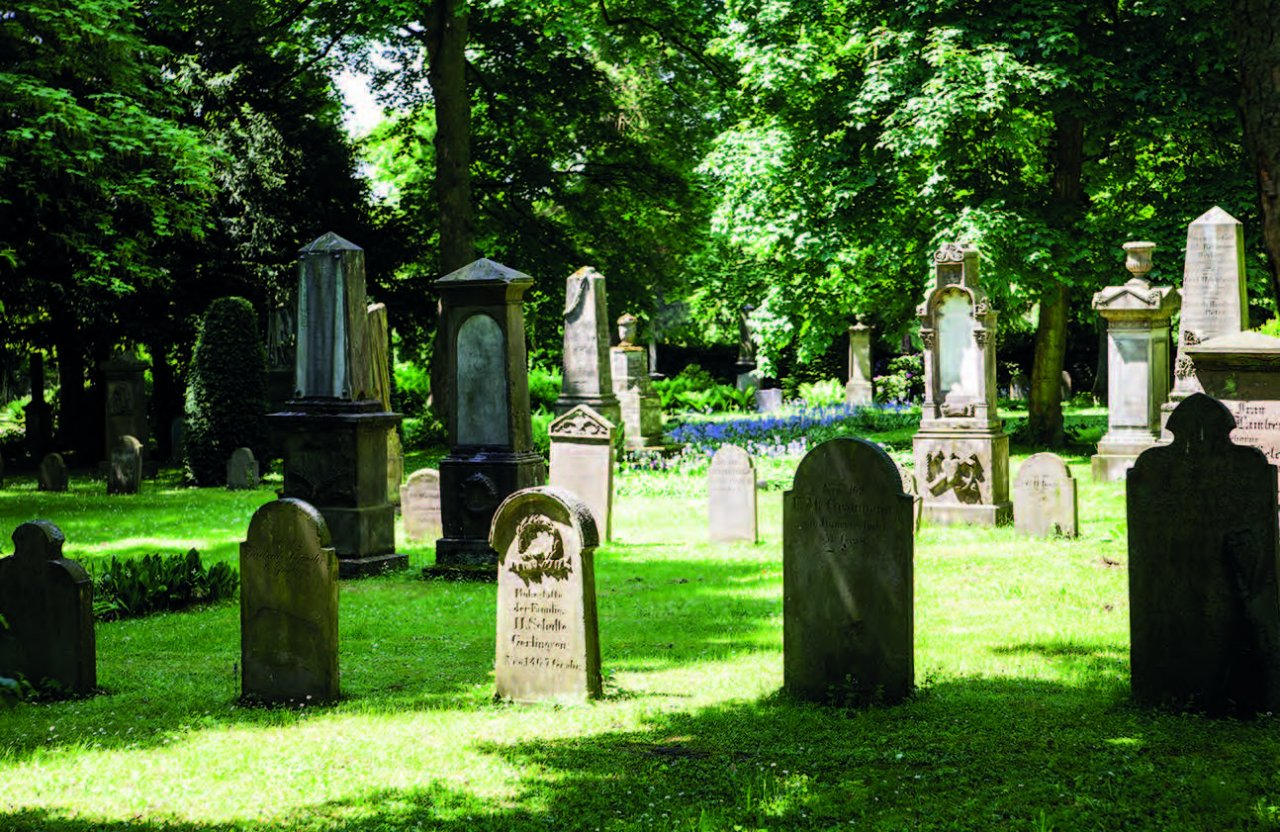
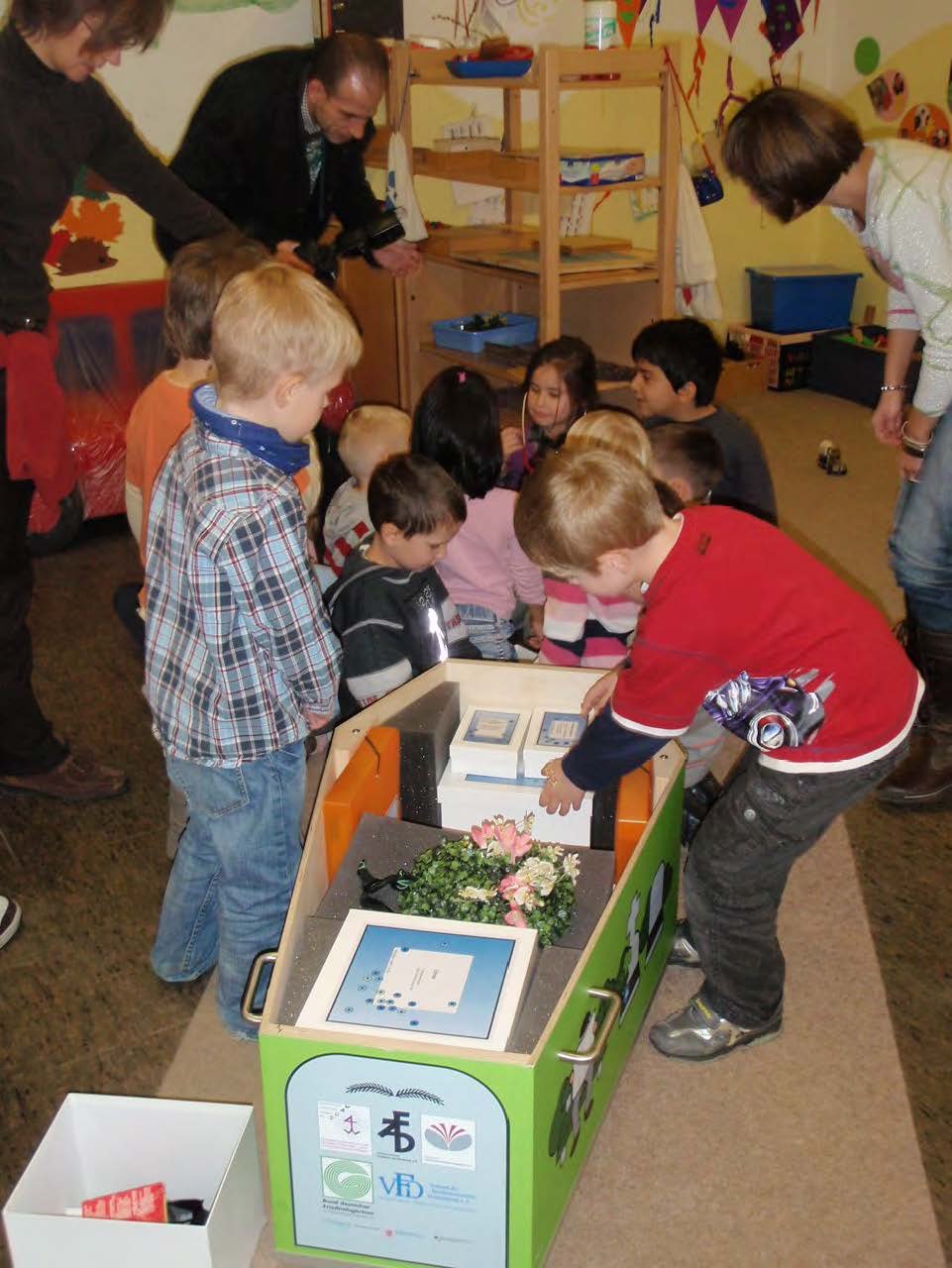
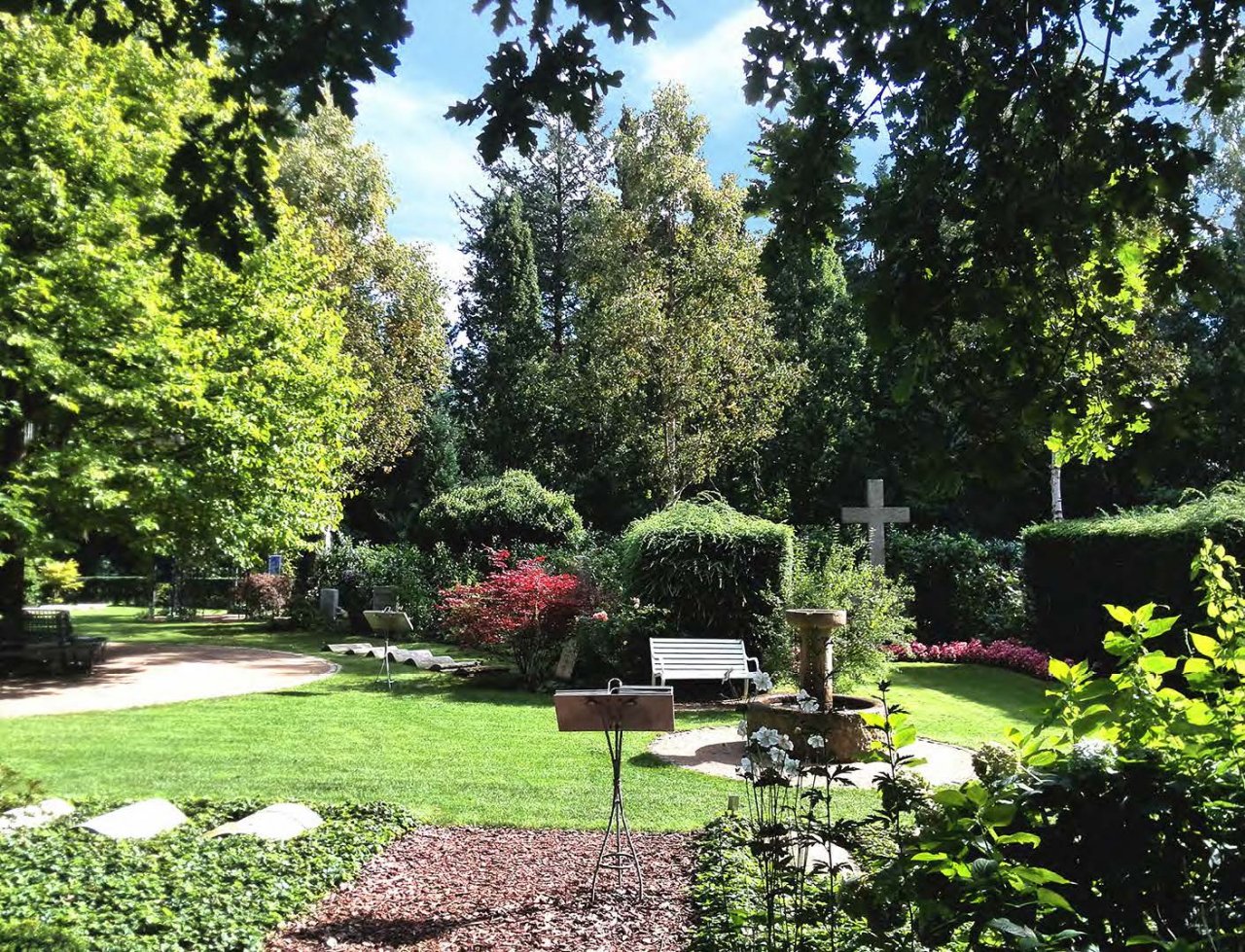
The rituals at the cemetery promote active engagement with core questions about the meaning of life. People experience cemeteries as a visible, ever-changing expression of German commemorative culture - as history books of the country, the towns and villages. Furthermore military cemeteries urge the communities to uphold peace.


